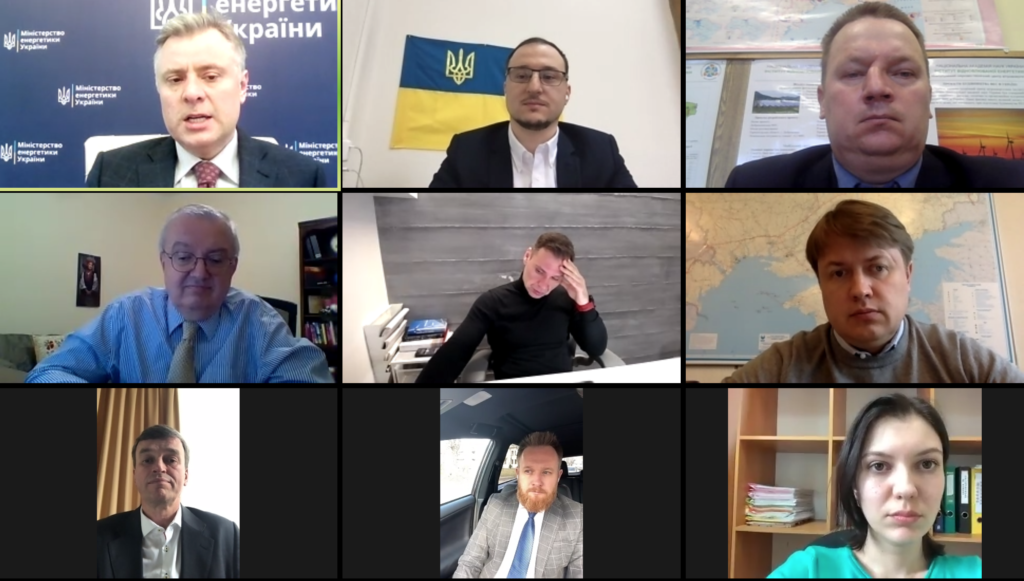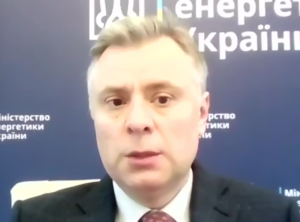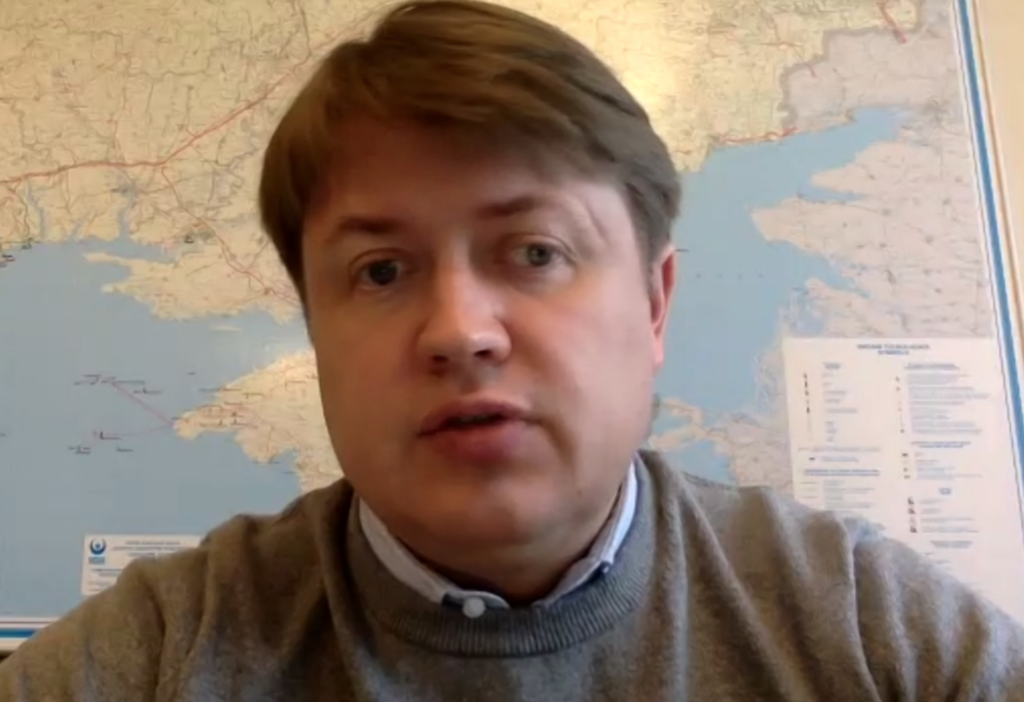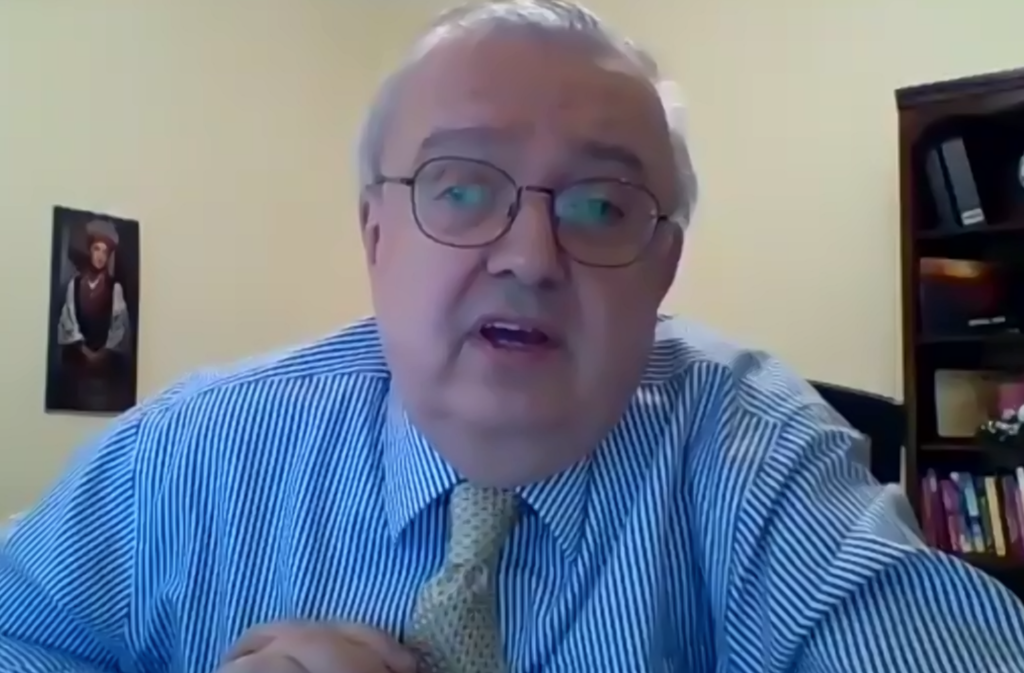A discussion on promising approaches to energy storage organized by the USAID Energy Security Project on March 22, 2021 brought together nearly two hundred participants. During the event, USAID ESP experts presented recommended ways to use energy storage systems and discussed current policies, global trends, generally accepted approaches and current EU legislation on energy storage systems development in the electricity sector with key Ukrainian stakeholders and decision-makers.

Acting Minister of Energy of Ukraine Yuriy Vitrenko noted that energy storage systems are important both for ensuring that Ukraine’s energy system can operate in autonomous mode, which will allow it to join the European Network of Transmission System Operators for Electricity (ENTSO-E), and in connection with plans to phase out coal generation capacity and replace it with energy from renewable sources (solar and wind), which is less stable and needs to be balanced.

“Decommissioning (generation) of coal-generating capacity is important for us both in terms of ecology and commitments to combat climate change, and from a pragmatic point of view – these facilities are very outdated, and in order to maintain them in working order, it is necessary to spend huge sums. From the economic point of view, it no longer makes sense to invest in their modernization; it is more appropriate to invest in renewable generation in combination with energy storage systems,” said Mr. Vitrenko.

Andriy Gerus, Chairman of the Verkhovna Rada Committee on Energy and Housing and Communal Services, described the Ukrainian energy system as perhaps the most inflexible in all of Europe. “The number one priority for Ukraine’s energy system is the construction of maneuvering balancing capacities,” he said.
Yury Kamelchuk, Member of Parliament said that the President of Ukraine considered the draft Law # 2582 as a high priority, and the draft has a good chance to be adopted soon.

Sukru Bogut, Senior Energy Advisor to the United States Agency for International Development, noted that energy storage can be used for many services, including helping balance renewable energy, providing basic backup services and helping meet peak needs, thus supporting the development of Ukraine’s electricity system. Mr. Bogut cited data from Bloomberg New Energy Finance, which reported that from 2010 to 2020, capital expenditures on energy storage systems fell by 87 percent, which reduced the cost of electricity storage services and made them more competitive. By 2030, according to the same data, capital expenditures are expected to decrease by another 56 percent. Mr. Bogut also reminded participants that in 2019, the European Union (EU) approved two important documents related to the development of energy storage services: EU Directive 2019/944 and EU Regulation 2019/943, outlining key requirements to energy storage services.
USAID ESP’s Renewable Energy Sources (RES) Sector Lead Allen Eisendrath and Senior RES Expert Oleksii Chupryna presented the main conditions for effective energy storage services:
- free competition among storage services in all types of electricity markets; and
- a ban on transmission and distribution companies owning and operating energy storage systems, except in very limited conditions. Exceptions include situations where such systems are fully integrated components of the electricity grid, the regulator has given its approval, or when these systems are procured on a competitive basis and do not compete in any electricity market.
The approaches USAID ESP proposed to energy storage are similar to the current EU energy storage policy, which makes sense for Ukraine.
The roundtable participants discussed the wide range of functions of energy storage systems and their role in various segments of the wholesale electricity market (especially the balancing market and the ancillary services market). Particular attention was paid to the role of national regulatory authorities in developing energy storage systems, market mechanisms to facilitate the development of such systems, and objectively necessary statutory restrictions for operators of energy transmission and distribution systems.
Representatives of the European Commission’s Directorate-General for Energy, the EU Delegation to Ukraine, the Energy Community Secretariat, NEC Ukrenergo, NKREKP, the Ukrainian Wind Energy Association and sector experts.
